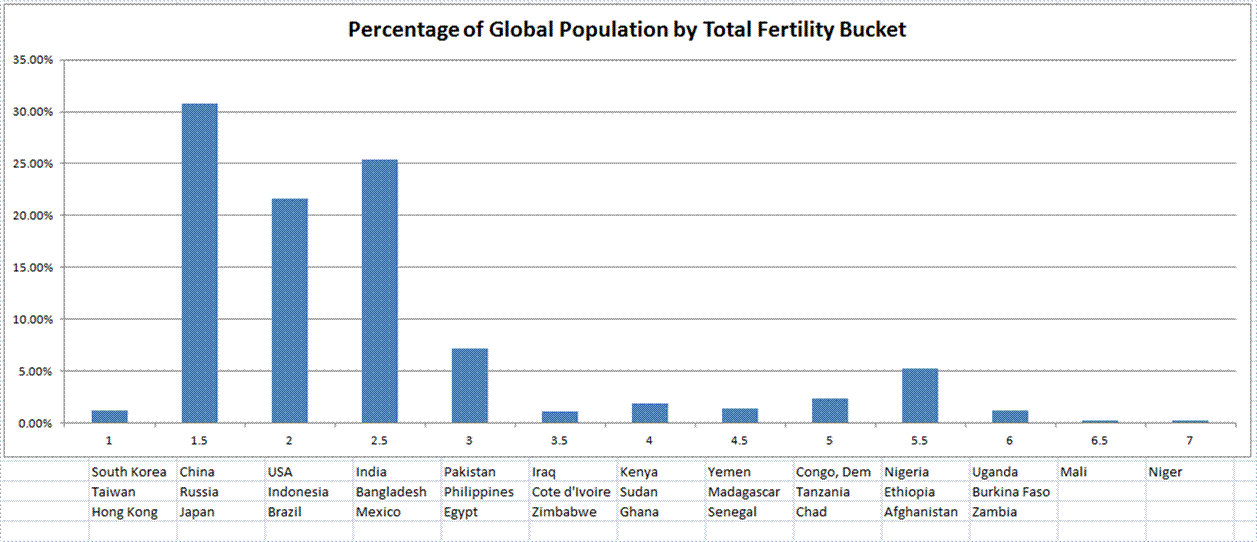The Rules, Part LIII
The tech market washes out about every eight years or so.? The broad market, which is a more robust beast, washes out far less frequently.? My question: are these variants of the same phenomenon?
I wrote this back in early 2003.? I can now answer my own question: No.
I’ve looked at this question many times, and debated the answer, but there are a few things that have made me decide “No.”
- Sectors often move independently of the market as a whole, particularly growthy sectors that lose their growth.
- The big moves of the market as a whole have usually been correlated with credit crises, which are part of the financial sector, not the tech sector.
- The tech sector grows more slowly as a whole now, and hasn’t washed out for a while.
- The financial sector fails because of financial leverage, the firms are too levered, and take too much credit risk.? The tech sector fails because market players bid up the prices of stock assuming permanently high rates of growth.? These are fundamentally different reasons for over-valuation, because most tech stocks have little debt.
Credit crises lead to big overall declines in market values, particularly with financial stocks, but affecting all other stocks, because when credit conditions are tight, things slow for all firms.
When tech stocks are overbid, it is more of a local mania where market players overestimate the degree of growth the sector can achieve.? There is little collateral damage to the market.? A seeming exception to this is 2000-2002, where the market went down with tech, but financials were less affected. In that drawdown, tight Fed policy drew everything down, and tech more than everything else.? Remember the NASDAQ over 5000?? Still hasn’t returned there, while the Dow, S&P 500, and Russell 2000 have hit new highs.
Here’s the summary: financial stress tends to be pervasive, affecting everything.? Stress from growth expectations that disappoint tend to be sector-specific, and don’t drag down the market as a whole.
And so the answer to my question that I asked 10+ years ago is “no.”


